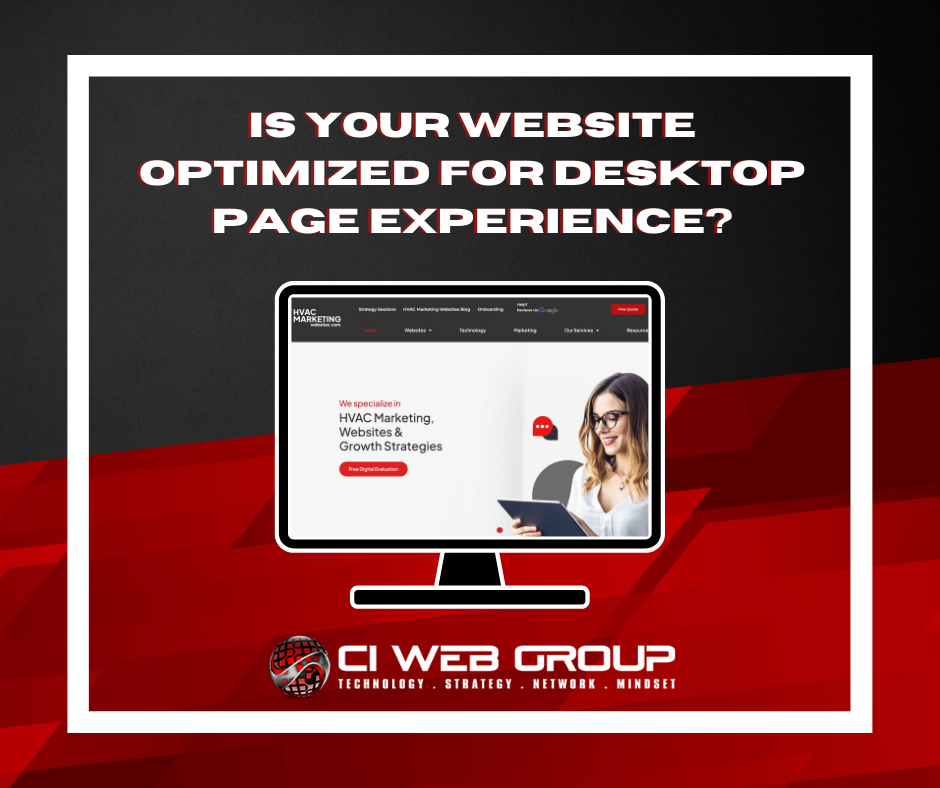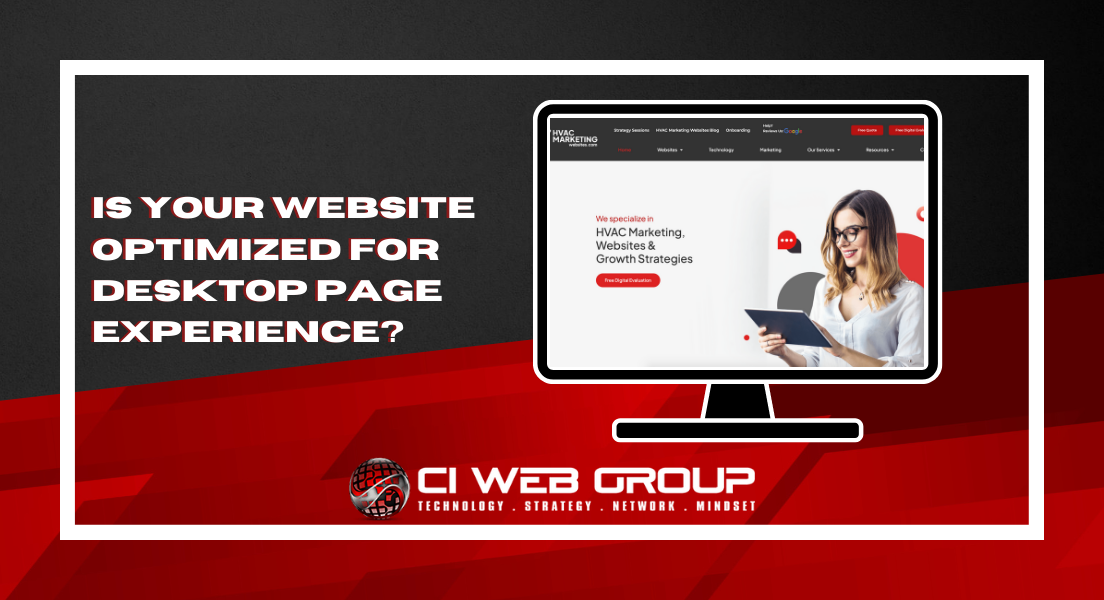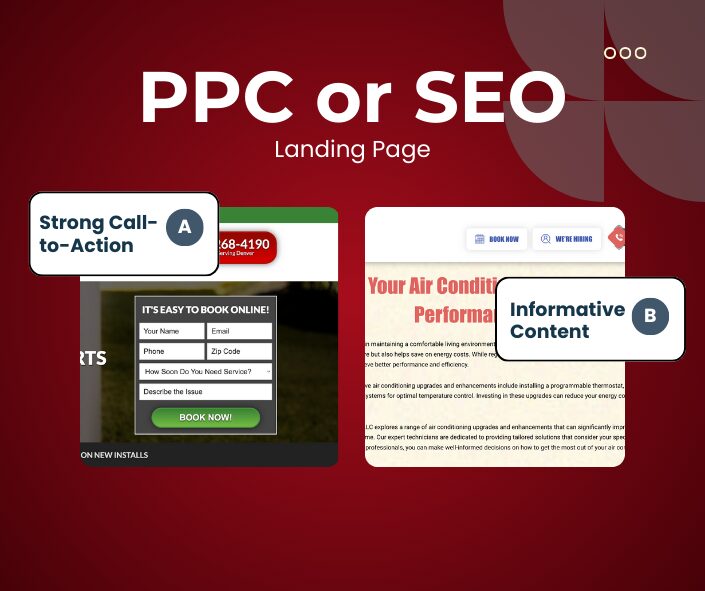Have you gotten your website optimized for desktop page experience? Remember, starting in February, Google is updating its algorithm to take desktop page experience into consideration when deciding how to rank your page.
How Do You Measure Your Page Experience?
Google Search Console has a new reporting function to measure page experience specifically on desktop that was created as a result of the algorithm update announcement last year.
Google noted in a Tweet:
“To support the upcoming rollout of page experience ranking to desktop, Search Console now has a dedicated desktop section in its Page Experience report to help site owners understand Google’s ‘good page experience’ criteria.”
You can access the desktop report from the page experience tab in Search Console found right under the mobile report. If you’ve already been checking the mobile report, you’ll already be familiar with the desktop page experience report. The only difference is that it won’t have the mobile usability section since that doesn’t apply to getting your website optimized for desktop page experience.
Getting Your Website Optimized for Desktop Page Experience
The top three factors that impact page experience include loading performance, interactivity, and visual stability:
1. Largest Contentful Paint (LCP): This metric measures the loading performance of the largest portion of your screen. Make sure your LCP is a max of 2.5 seconds from when the user clicked on your page.
2. First Input Delay (FID): This metric measures interactivity or the load time of a page after a user first clicks on a link. Get your FID down to 100 milliseconds or less.
3. Cumulative Layout Shift (LCS): This metric measures visual stability by looking at the shifting elements on a page while it’s downloading. Maintain an LCS of .1 or below.
These elements also have an impact on your website being optimized for desktop page experience:
- A secure connection. Make sure your page is served over HTTPS, not just HTTP.
- No full-page pop-ups prior to users getting access to your page. These are known as interstitials.
So What Does This Mean?
SEO companies, like CI Web Group, Inc. have been doing this from the very start, so not much will need to be changed on our end with our existing customers. However, there are some companies that have built their websites to fully focus on mobile metrics. They will be going through a transitional period. To see how we can help, get in touch!






















